Racism Fueled Outrage Over Cincinnati Gorilla Killing
In comparison with a hundred other news stories from around the world of social, political and human significance, the gorilla story was utterly insignificant. A kid's life was at stake, and the gorilla was killed. That is as it should be.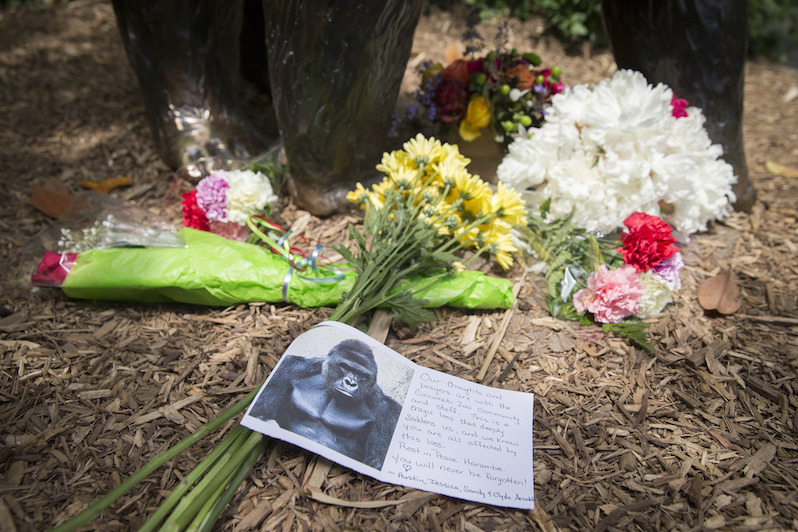 A sympathy card rests at the feet of a gorilla statue outside the Gorilla World exhibit at the Cincinnati Zoo & Botanical Garden on May 29. (John Minchillo / AP)
1
2
A sympathy card rests at the feet of a gorilla statue outside the Gorilla World exhibit at the Cincinnati Zoo & Botanical Garden on May 29. (John Minchillo / AP)
1
2

A sympathy card rests at the feet of a gorilla statue outside the Gorilla World exhibit at the Cincinnati Zoo & Botanical Garden on May 29. (John Minchillo / AP)
Independent journalism is under threat and overshadowed by heavily funded mainstream media.
You can help level the playing field. Become a member.
Your tax-deductible contribution keeps us digging beneath the headlines to give you thought-provoking, investigative reporting and analysis that unearths what's really happening- without compromise.
Give today to support our courageous, independent journalists.
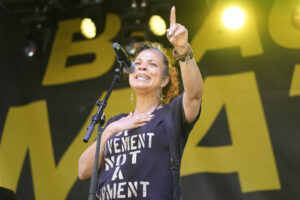
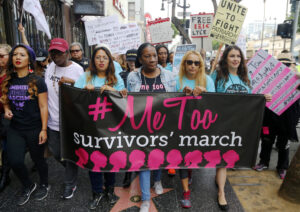
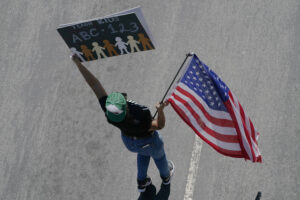
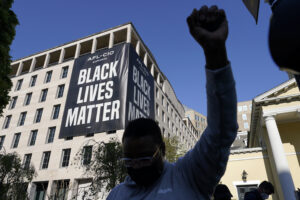
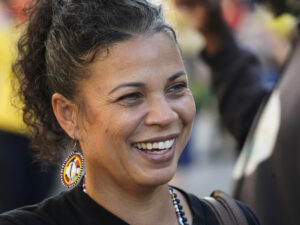
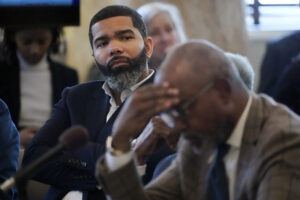
You need to be a supporter to comment.
There are currently no responses to this article.
Be the first to respond.